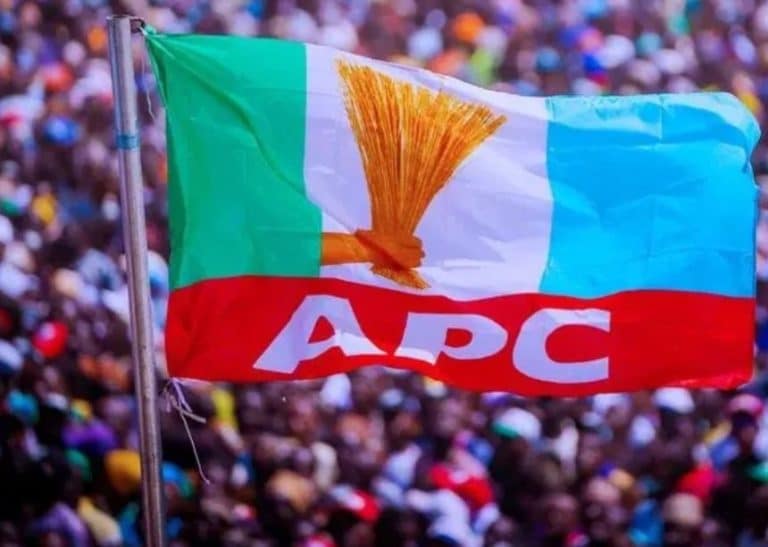Prominent human rights lawyer and Senior Advocate of Nigeria (SAN), Femi Falana, has strongly criticized the economic policies of President Bola Ahmed Tinubu, stating that they have worsened the living conditions of Nigerians and eroded the nation’s middle class.
Falana made the remarks during an interview on Channels Television, where he expressed grave concern over the current state of the economy. He blamed recent policy decisions by the Tinubu administration—particularly the removal of fuel subsidies and the liberalisation of the foreign exchange market—for triggering a widespread cost-of-living crisis across the country.
According to Falana, these policies, implemented without adequate social buffers, have significantly increased hardship for the general population. He noted that despite calls by President Tinubu for All Progressives Congress (APC) governors to “wet the ground,” or prepare politically ahead of the 2027 elections, ordinary Nigerians are becoming increasingly impoverished.
“I have seen the President ask APC governors to ‘wet the ground’ more, but as far as the masses of our people are concerned, things are getting tougher by the day because of the harsh economic crisis in the country,” Falana stated. “The president himself recognises that Nigerians all over the country are complaining that things are getting tougher for them.”
He went on to argue that the administration’s commitment to neoliberal economic models, particularly those influenced by international financial institutions such as the International Monetary Fund (IMF) and the World Bank, has led to rising poverty levels. He described these policies as rigid and unsuitable for the current socioeconomic realities of Nigeria.
“Because of the religious implementation of neoliberal policies by the government, poverty is on the ascendancy,” Falana said. “That will require a review of these policies.”
Falana took specific aim at the government’s continued pursuit of privatisation, saying it contradicts the goal of reducing income inequality. He said that transferring national resources to a small elite under the guise of privatisation was undermining the well-being of the majority.
“You cannot be addressing income inequality in a country while handing over the nation’s resources to a few people in the name of privatisation,” he argued.
He added that the consequences of these policies have been devastating for ordinary citizens, stating, “Most Nigerians cannot afford three square meals a day. The middle class has been wiped out by the neoliberal policies of the government.”
Falana called on the Tinubu administration to immediately reconsider its economic direction. He urged the government to “go back to the drawing board” and adopt a more inclusive approach to economic reform—one that prioritizes the welfare of the average Nigerian over international financial prescriptions.
“It is in the interest of the government to review its policies as soon as possible,” he said.
In addition to economic reforms, the senior





